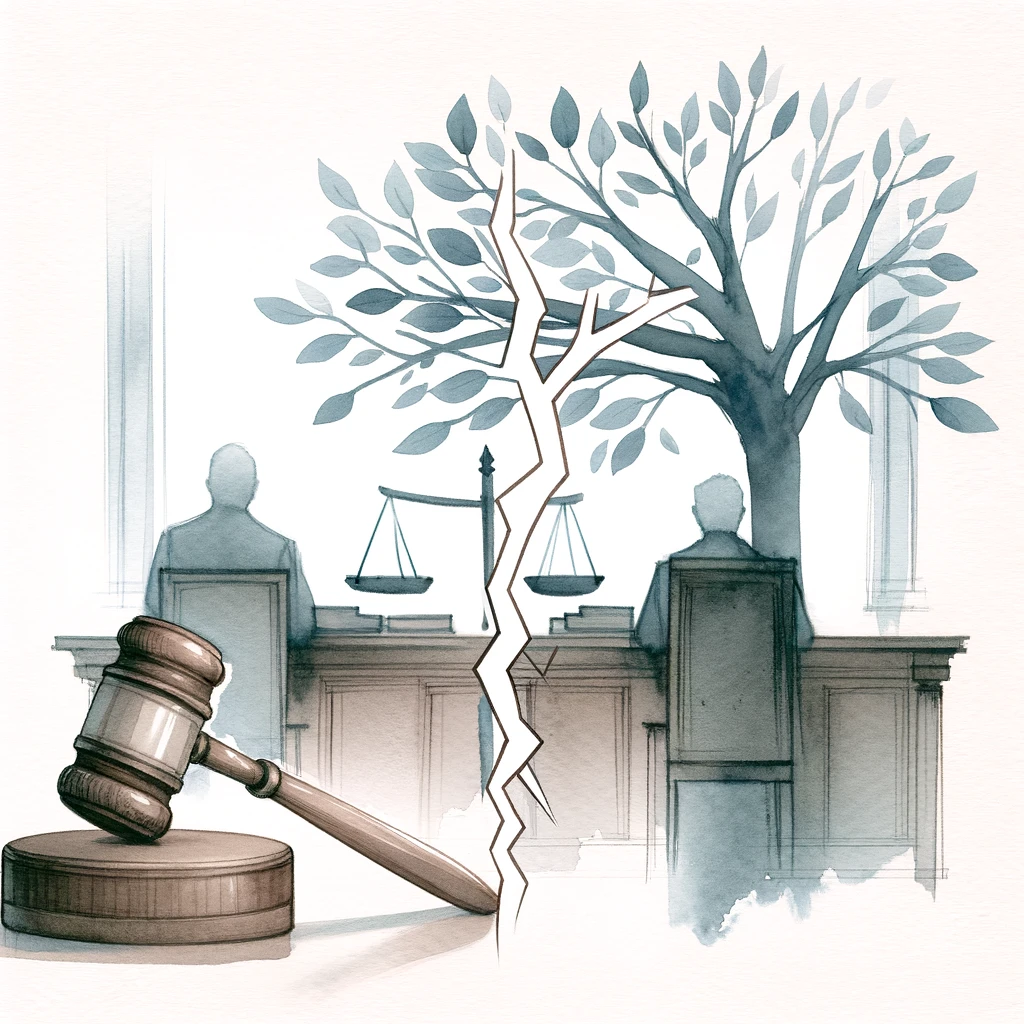
This case marks a significant examination of the Proviso in Section 6 of the Hindu Succession Act, 1956.
Facts
Background of the Case
- Properties Involved: The trial initially identified all properties as belonging to the late Ramasami Konar and his son. These properties were considered joint family assets.
Key Events and Legal Judgments
- First Defendant’s Ineligibility: The son, after being convicted of murdering his father, was deemed ineligible to claim any part of the property due to the nature of his crime.
- Plaintiff’s Claim: Despite the son’s ineligibility, the court allowed the plaintiff, who is the wife of the first defendant and the daughter-in-law of the deceased, to claim half of the property. This decision was based on the provisions of Section 6 of the Hindu Succession Act of 1956.
Nature of the Property
- Self-Acquired Assets: It was clarified that the properties in question were self-acquired by Ramasami Konar, not ancestral.
Family Relationships
- Family Dynamics: The plaintiff was previously married to Ramasami Konar but had divorced and remarried, living separately from him. Despite these circumstances, she continued to pursue her claim over the estate.
Plaintiff’s Legal Standing
- Sole Survivor: The plaintiff argued that, as the sole surviving direct family member of Ramasami Konar, she should inherit all his properties.

Inheritance Claim by the Wife of a Disqualified Heir
- Issue Overview: The central question here concerns whether the wife of a person who is disqualified from inheriting can claim a share of her deceased father-in-law’s estate.
- Legal Background: Typically, inheritance rights are determined by national or local inheritance laws, which might vary significantly. These laws dictate who qualifies as an heir and under what conditions they might be disqualified.
- Disqualification of Heir: Disqualification can occur for various reasons, such as the heir having been involved in criminal activity against the deceased. Understanding the specific grounds for disqualification is essential.
- Rights of the Spouse: The spouse of a disqualified heir may or may not have rights to the estate, depending on:
- The law of the land regarding indirect inheritance claims through disqualified heirs.
- Whether the inheritance can legally bypass the disqualified heir and pass directly to his or her spouse.
Court Decision on Inheritance Rights
Background
- The court faced a case involving the inheritance rights of a deceased man’s property. The focus was on whether his disqualified son had rights to the estate.
Key Points
- Legal Limitations: The court acknowledged its limitation in directly addressing the rights of the disqualified son due to his disqualification.
- Impact on Family Members: Since the son’s wife’s claim to the estate is through her husband, her ability to inherit depends on his eligibility.
Court’s Conclusion
- Necessity of Determining Son’s Eligibility: It was crucial to first determine whether the son was eligible to inherit his father’s property.
- Dependency of Claims: If the son is deemed ineligible, then his wife also loses any claim to the inheritance, as her rights are directly linked to his.
Additional Considerations
- The court’s decision highlights the interconnected nature of family rights in inheritance matters, underlining the importance of establishing clear legal standings for each involved party.
Conclusion of the Case
- Outcome: The court dismissed the appeal made by the wife.
- Key Points:
- The decision was based on the evidence presented, which supported the original ruling.
- Important details from the trial were considered, including testimonies and legal documents that influenced the decision.
- Implications:
- The dismissal confirms the lower court’s decision, meaning no changes will be made to the initial judgment.
- The ruling may have significant effects on both parties, potentially influencing future legal proceedings or settlements.

